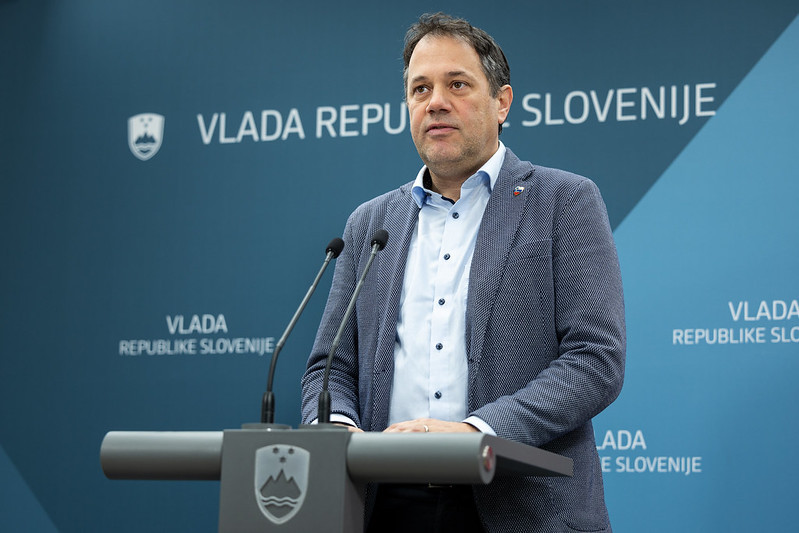98th regular session of the Government of the Republic of Slovenia
With the new Lipica Stud Farm Act, the Government is creating the conditions for the development, a more efficient management and unified organisation of the Lipica Stud Farm, and for public investment in the assets of the Republic of Slovenia. This will further increase the standard of culture and nature protection and support synergies for the effective marketing of all tourism products. At the centre of these products stand the Lipizzaner breed, its well-being, the classical riding school, world-class equestrian activities, and cultural and natural heritage. The Act introduces several new features that will benefit the Lipica Stud Farm, the care and management of Lipizzaner horses, and also local tourism. The most important change is a new management model, which will now combine two related tasks. The first is the care and management of cultural and natural assets, currently the responsibility of the Lipica Stud Farm on behalf of and for the account of the Republic of Slovenia. The second task is the marketing of cultural and natural assets, which the Lipica Stud Farm will now do on its own behalf and for its own account. The new management model, which is moving away from the concept of a public service, will have significant positive effects enabling the comprehensive development of the Lipica Stud Farm. It allows a unified organisation in one company (instead of the current two separate entities). The company will devote the profit generated to the care and management of cultural and natural assets, and will not pay it to the owner. This will allow the State to invest directly in its assets at the Lipica Stud Farm, including investments in the facilities intended for tourist services, without being in conflict with the rules on state aid.
At today's session, the Government also extended the mediation proceedings before the Medication Centre of the Bar Academy of the Bar Association of Slovenia until 11 April 2024.
Like the currently applicable Decree, the new Decree on payments for environmental and climate obligations, and natural and other restrictions under the Common Agricultural Policy Strategic Plan 2023–2027 also determines eligible persons, conditions, measures and the amount of payments in the period 2024–2027 for the following interventions: AECP, Organic farming, Organic beekeeping, Habitat types and species in the Natura 2000 areas, Local breeds and varieties, Biological plant protection and Payments for natural or other restrictions. Taking into consideration the first and second amendments to the CAP Strategic Plan 2023–2027, the new Decree contains modifications to requirements concerning specific AECP operations and includes technical corrections of certain Articles. Taking into consideration the first and second amendments to the CAP Strategic Plan 2023–2027, the new Decree contains modifications to requirements concerning specific AECP operations and includes technical corrections of certain Articles. The technical corrections provide a clearer wording of the content of the existing Decree for beneficiaries, thus contributing to an easier and smoother implementation of measures and the resulting reduction in the error rate.
The amended Decree on direct payments under the Common Agricultural Policy Strategic Plan 2023–2027 provides for direct payments to be issued under the CAP Strategic Plan 2023–2027. The decree introduces changes to certain interventions of direct payments necessary for the derogation of conditionality permitted under Regulation (EU) 2024/587 or due to the established implementing difficulties in the first year of direct payments made in accordance with the CAP Strategic Plan 2023–2027. Certain changes also had to be made to the scheme of additional payments to reduce ammonium and greenhouse gas emissions (INHIBIT and KRMDOD), which was launched in 2024.
The Government also adopted the Decree amending the Decree on conditionality, which reduces restrictions on farming, giving farmers better access to funding. Restrictions on farming in Natura 2000 areas were also adapted. Pursuant to the proposed amendment to the Regulation of the European parliament and of the Council (EU) 2021/2115, the amended decree provides for derogations from controls and sanctions for all rules of conditionality applicable to agricultural holdings reporting agricultural lands of up to 10 ha in size.

